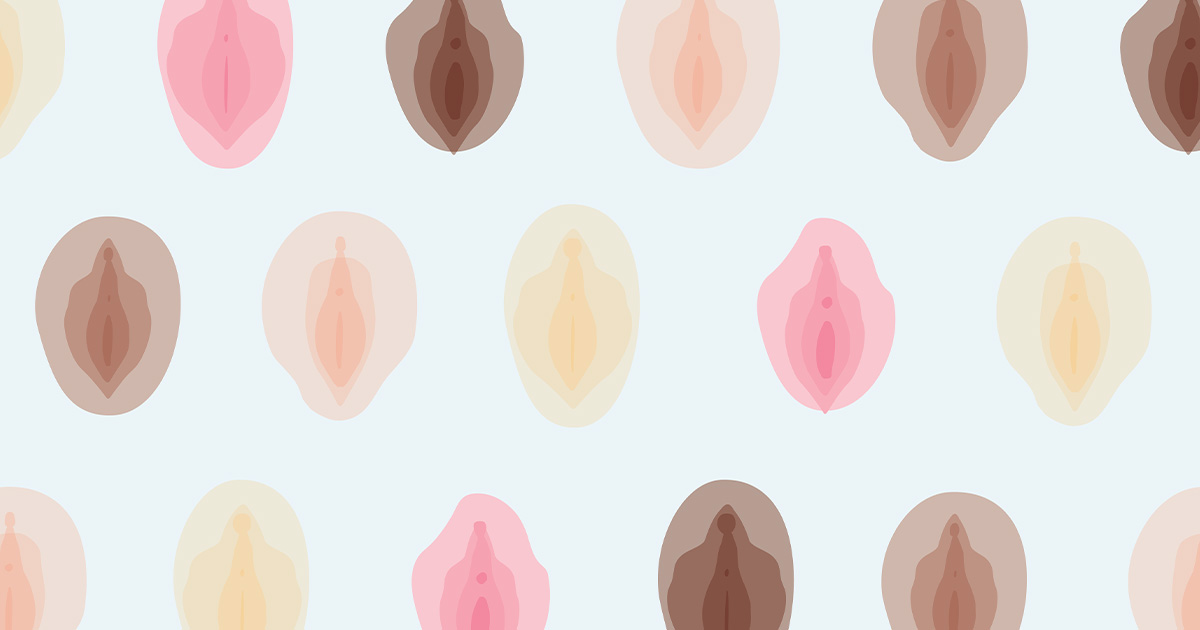
Gynecology, What's Up, Down There
What’s Up, Down There: Why Do We Get Pain Back There During Our Period?
Bloating, acne, fatigue, and abdominal cramps are common period symptoms that many of us know all too well. But recently, a TikTok user shed light on another surprising period symptom… “butt cramps.” The video sparked much discussion with women commiserating and wondering what causes this odd and bothersome pain. Here, we explore the science behind this type of cramping and what can be done to treat it.
What Causes Cramping During Your Period?
In the words of women on TikTok, the cramping can feel like a sudden, “lightning bolt strike” or “painful muscle spasms in your booty.” As it turns out, there is a real medical term for this phenomenon known as “proctalgia fugax” or “fleeting anal pain.” According to medical experts, it is normal to experience cramps in your abdomen, back, and yes, even your anus, during your period. Our bodies are full of surprises, aren’t they?
Gina Cunningham, PT, DPT, Director of the Pelvic Floor Physical Therapy Program at Axia Women’s Health, explains, “I’ve treated many women with this condition. It’s actually more common than you may think.” She adds, “It usually happens around ovulation or the day before your period. It can feel like a sharp sudden pain or can last up to 20 minutes.”
During your period, hormones called prostaglandins are released, which cause the muscles of the uterus to contract, causing the lining of the uterus to shed. Prostaglandins can also trigger contractions of the rectum and the pelvic floor muscles around the anal canal, which can cause a painful spasm or cramping feeling back there. This is why it’s also common to experience loose bowels or diarrhea during your period.
What You Can Do To Alleviate The Pain
In cases of occasional cramping, you may find some relief with at-home treatments and relaxation techniques.
- Take a warm bath. Soaking in a warm tub can help to relax your anal and rectum muscles and reduce the feeling of cramping.
- Take some Ibuprofen or an NSAID. Non-steroid anti-inflammatory drugs (NSAIDs) not only reduce inflammation and pain but decrease the production of prostaglandins which can trigger the cramping. Some providers may also prescribe a muscle relaxer to take before your period.
- Relax your pelvic floor muscles. Practicing diaphragmatic breathing may help to relax your pelvic floor muscles. To practice this relaxation technique, find a comfortable seated position and breathe in deeply for three seconds, then exhale slowly for four seconds. You can repeat as many times as needed, focusing on the relaxation of your pelvic floor muscles as you do. “Through pelvic floor physical therapy, a provider can help you to release any trigger points within your pelvic floor to help ease the spasms,” adds Dr. Gina Cunningham.
When To Seek Outside Help
While it’s common to experience some cramping during your period, it’s important to be aware of other potential causes. Certain underlying conditions such as endometriosis or fibroids can cause similar pain in the pelvic area and require medical attention.
- Endometriosis. Endometriosis occurs when tissue that is similar to the endometrial tissue grows outside of the uterus, in areas of the pelvis such as the ovaries, pelvic walls, or between the uterus and the rectum. As the tissue builds up it can cause pressure, pain, and inflammation. The symptoms of endometriosis can mirror other conditions in the pelvic area, so it’s important to seek medical help if you are experiencing ongoing pain and discomfort. Treatments for endometriosis can include laparoscopic surgery, or medications like hormonal birth control, progesterone IUDs, and anti-inflammatory medications.
- Fibroids are noncancerous growths in the uterus that can develop during childbearing years. Fibroids can cause the uterus to push against the back or butt. While they don’t always produce symptoms, if they do, those symptoms are often similar to those experienced with endometriosis and other pelvic conditions. Treatment options include over-the-counter pain medications or surgical removal of the fibroids through a myomectomy or in certain cases, hysterectomy.
Other gastrointestinal issues can cause ongoing pain in your rectum or anus including Crohn’s disease or irritable bowel syndrome (IBS).
While it’s often not cause for alarm, Dr. Gina Cunningham suggests, “If you’re experiencing this pain with each cycle, it’s important to speak up and have it checked out.”
Not sure what’s causing your pain? If you’re experiencing regular pain before or during your period, it may be wise to check with your Axia Women’s Health provider who can help you understand the cause and find relief.
Similar Articles

February 5, 2026

November 10, 2025

May 7, 2025











































